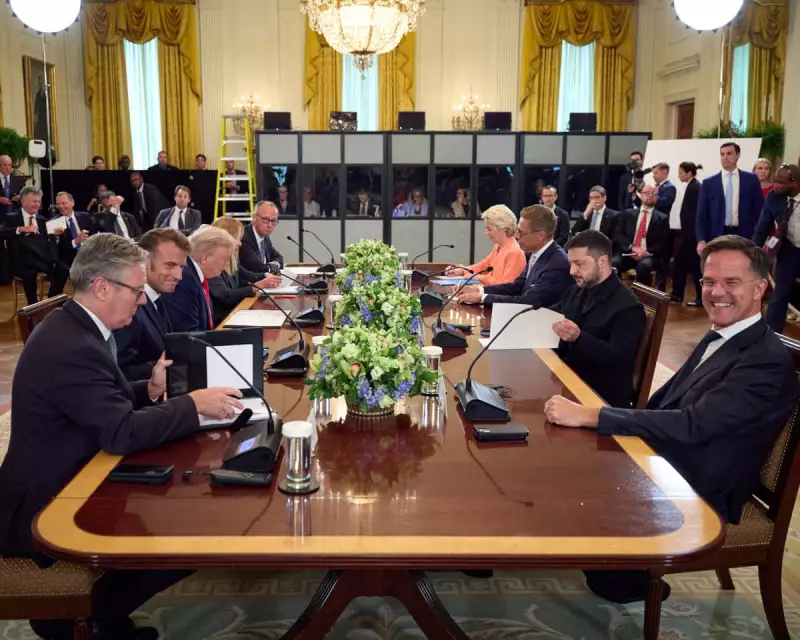
The spectre of a second Donald Trump presidency is casting a long shadow across Europe, but it is producing a paradoxical and unforeseen result. Rather than fracturing the continent, the Republican nominee's belligerent rhetoric and threats to abandon NATO are acting as a powerful catalyst for a new, unprecedented era of European unity and military resolve.
A Stark Warning from the Campaign Trail
Trump’s recent campaign declarations have moved beyond political posturing into the realm of a stark ultimatum. His assertion that the US would not protect NATO allies he deems to be "delinquent" in their financial contributions was not dismissed as mere bluster in European capitals. Instead, it was received as a credible threat, a chilling preview of a potential abdication of America’s seven-decade role as the continent’s primary security guarantor.
The Forging of a Continental Consensus
This perceived abandonment has triggered a fundamental realignment. Nations with deeply entrenched historical animosities and competing interests are now finding common cause. The article highlights how Poland's right-wing government, once a pariah for its democratic backsliding, is now being listened to intently on defence matters. Simultaneously, Germany's Social Democrat Chancellor Olaf Scholz, who long resisted major military spending, has become a vocal advocate for a newly muscular and self-reliant Europe.
This newfound solidarity extends beyond mere talk. There is a tangible and rapid push towards:
- Integrated Defence Systems: Accelerating plans for a cohesive European air defence network.
- Arms Collaboration: Ramping up joint production of ammunition and military hardware to reduce dependency.
- Strategic Autonomy: A serious, funded pursuit of the long-discussed goal of European "strategic autonomy," transforming it from a theoretical concept into a pressing operational necessity.
Putin's Pyrrhic Victory
In a profound historical irony, the actions of two men who often express admiration for one another—Trump and Vladimir Putin—are achieving the exact opposite of their apparent goals. Putin's invasion of Ukraine was intended to divide and weaken NATO. Instead, it revitalised it. Now, Trump’s threats to break the alliance are accomplishing what European diplomats could not: forging a robust, collective European defence identity capable of standing alone.
The article posits that Trump may inadvertently be creating a more formidable, independent, and resilient geopolitical counterweight—a united European power bloc that could ultimately challenge American hegemony that he seeks to assert.
The Looming Question for the West
The central, unsettling question now facing the transatlantic community is no longer just about the durability of NATO. It is about the nature of a future world order. A second Trump term could fundamentally decouple the US from its European allies, not through a formal divorce, but through a corrosive erosion of trust. The great unifier of Europe may, in the end, be the president who promised to put America first, forcing the continent to finally and decisively step up for itself.





